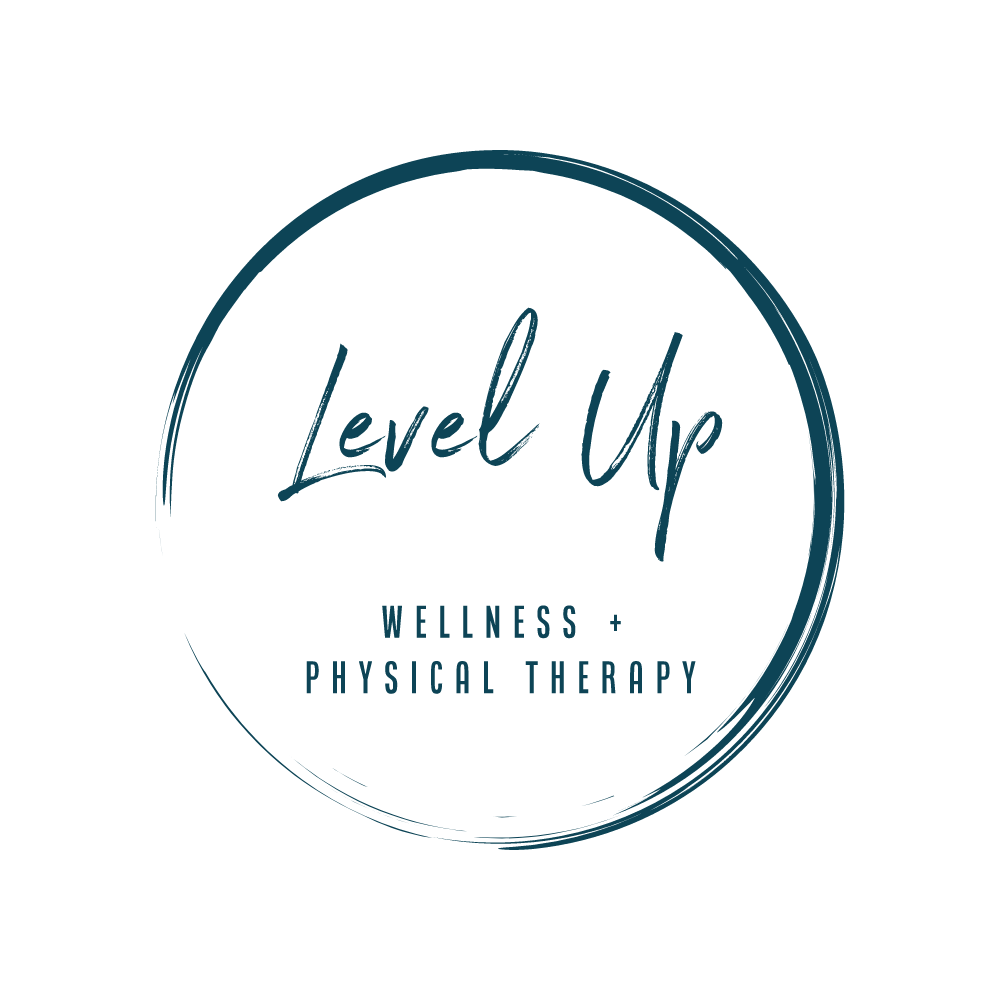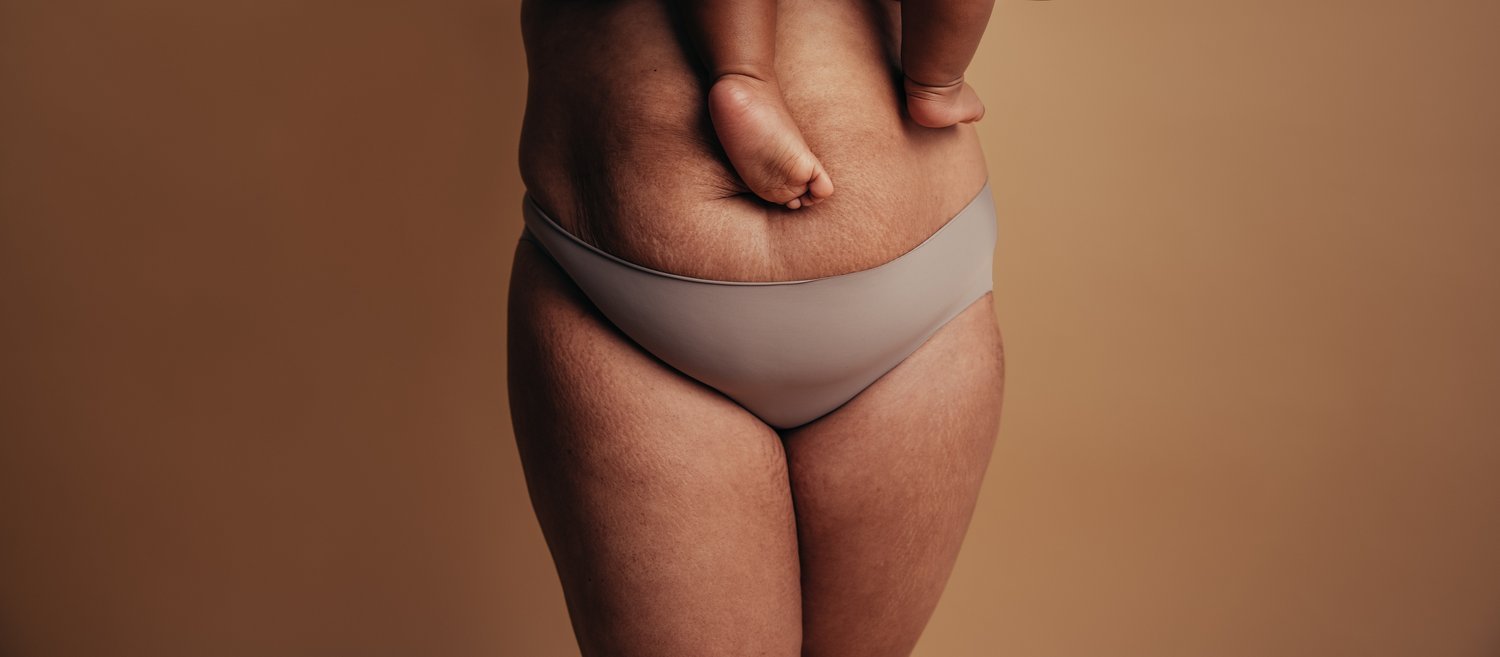DIASTASIS RECTI + POSTPARTUM PHYSICAL THERAPY
PREGNANCY AND BIRTH CAN BE AMAZING EXPERIENCES BUT they ARE VERY CHALLENGING ON THE BODY. ANY TIME YOUR BODY HAS BEEN THROUGH PHYSICAL STRESS, IT’S IMPORTANT TO HAVE AN ASSESSMENT. Whether your birth was recent or years ago, WE BELIEVE EVERY NEW PARENT SHOULD HAVE the health and function or their PELVIC FLOOR ASSESSed with guidance on how TO SAFELY GET BACK TO ACTIVITIES YOU ENJOY!
POTENTIAL PELVIC FLOOR + CORE DYSFUNCTION POSTPARTUM
DIASTASIS RECTI- During pregnancy, EVERYONE experiences a stretch of the linea alba (the fibrous tissue connecting your abdominal muscles in the middle). For some new parents, rebuilding tension across these muscles can be a challenge and you don’t feel support from your core. We can help you start with appropriate core exercises to improve that tension safely, improve your movement mechanics to minimize stress to the area and improve posture and pressure management to support healing across the abdomen.
PELVIC ORGAN PROLAPSE- Sometimes after giving birth, the vaginal canal can have weakness resulting in other organs “leaning in” to the area including either the bladder, rectum and/or uterus. This can feel like heaviness or bulging around the vaginal opening. We can assess the extent of the prolapse and start working on the strength to support that system and improve pressure management to protect it.
INCONTINENCE- also known as urinary leakage. This can occur due to pelvic floor tension and/or weakness, poor coordination of pelvic floor muscles, or poor stability of the hips and pelvis from larger muscles groups. We can determine the underlying cause for you and improve the whole system to support you better and improve the leakage.
PELVIC PAIN- New parents can experience pelvic pain due to the stress that the pelvis was under during pregnancy and birth resulting in increased tension, and also if they had tearing during the birthing process. This can lead to difficulty resuming intercourse, pain with going to the restroom or tailbone pain. We can help improve the mobility and support of your pelvic floor to get you feeling more comfortable!
C-SECTION RECOVERY- Rediscovering your core muscles after a C-section can be a challenge. Sometimes, C-section scars can feel tight and extra sensitive which makes it harder to use those muscles and can challenge your pelvic floor. We can help you improve the feeling of your scar and connect with your core to start feeling better!





